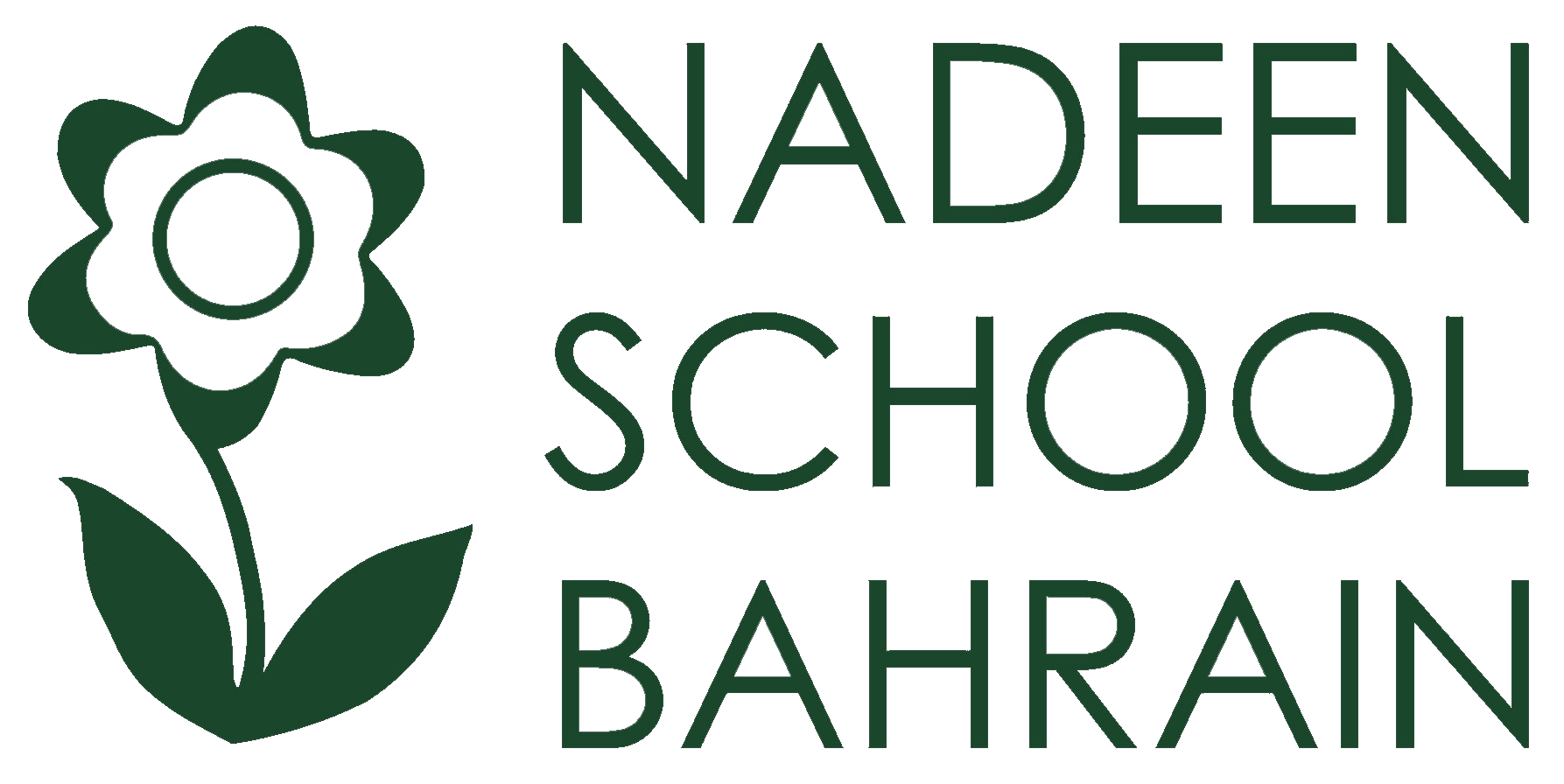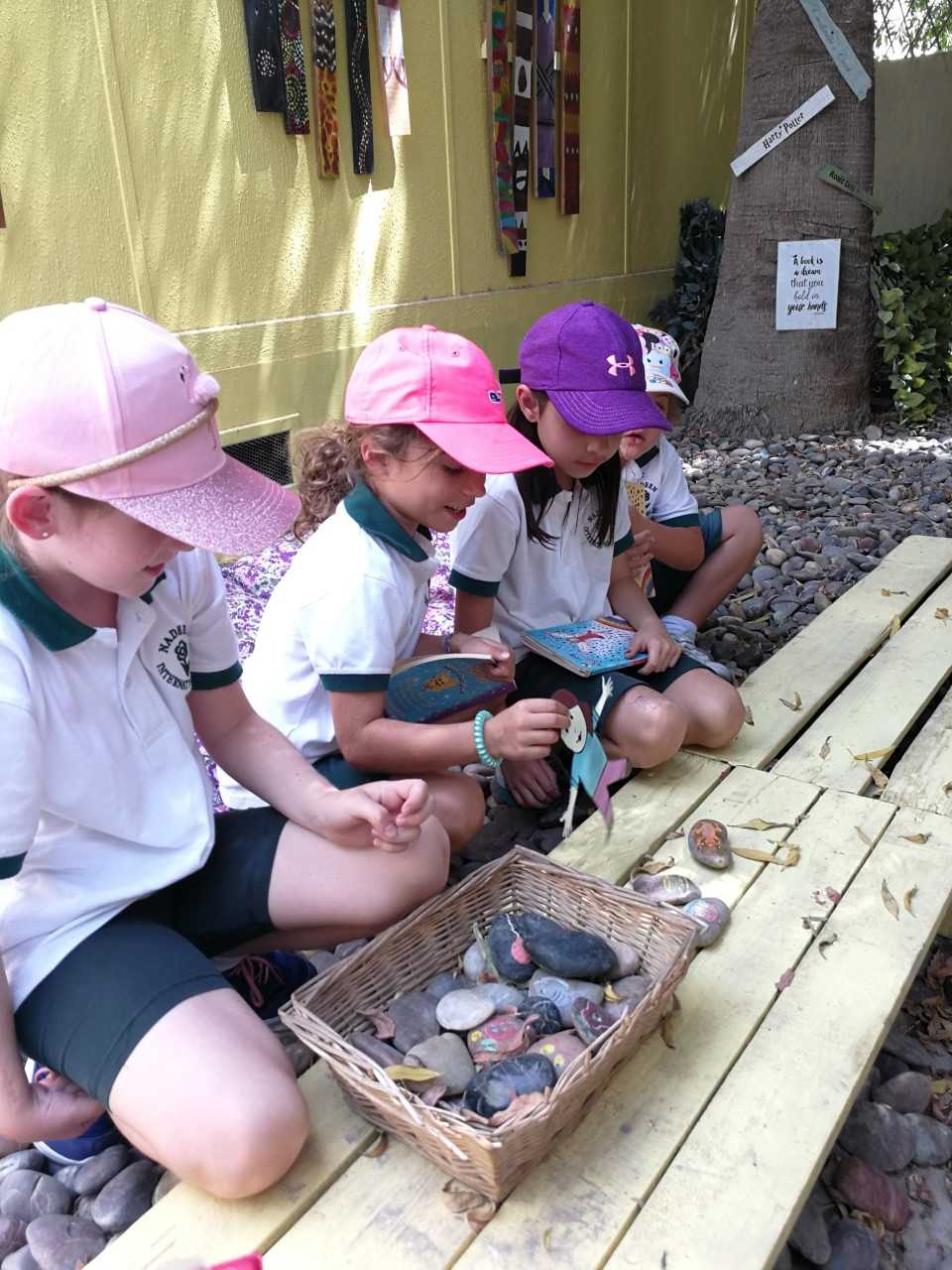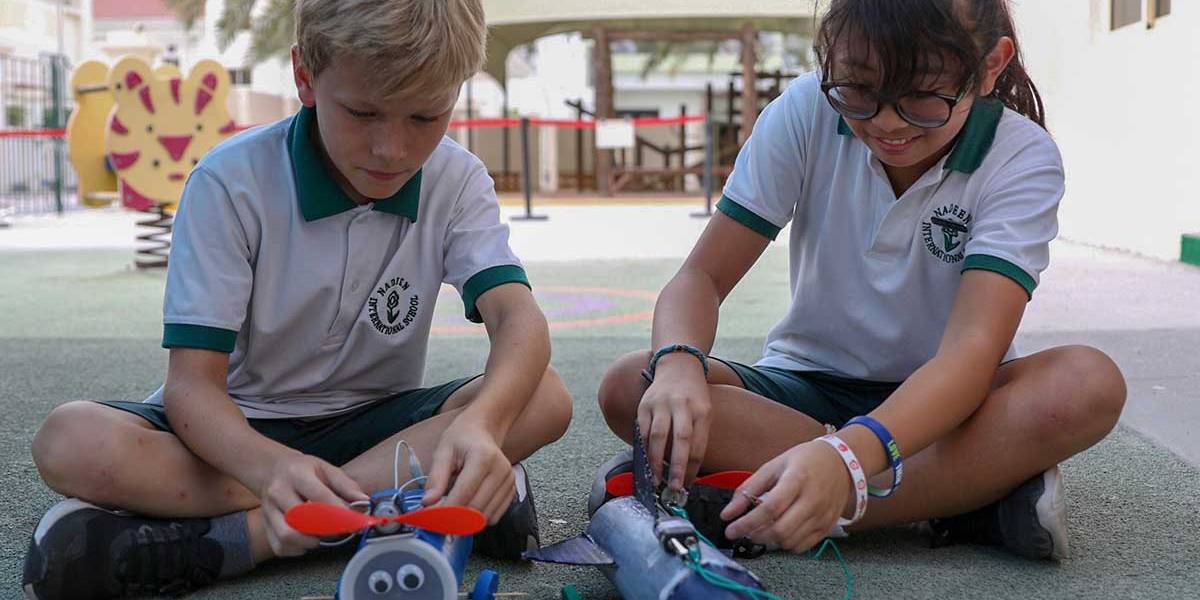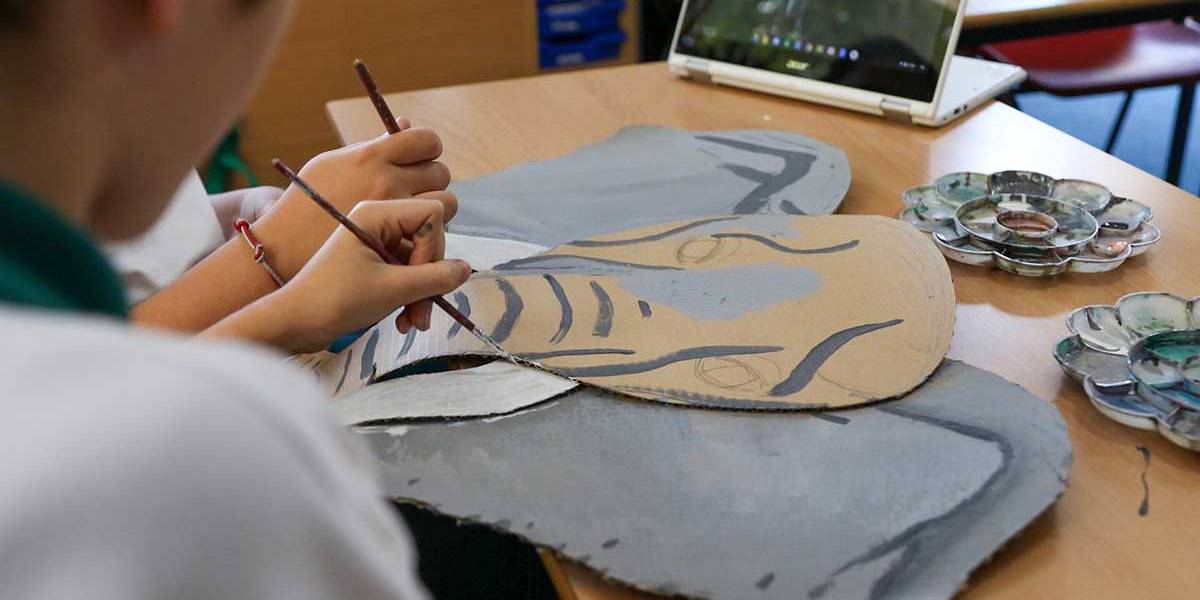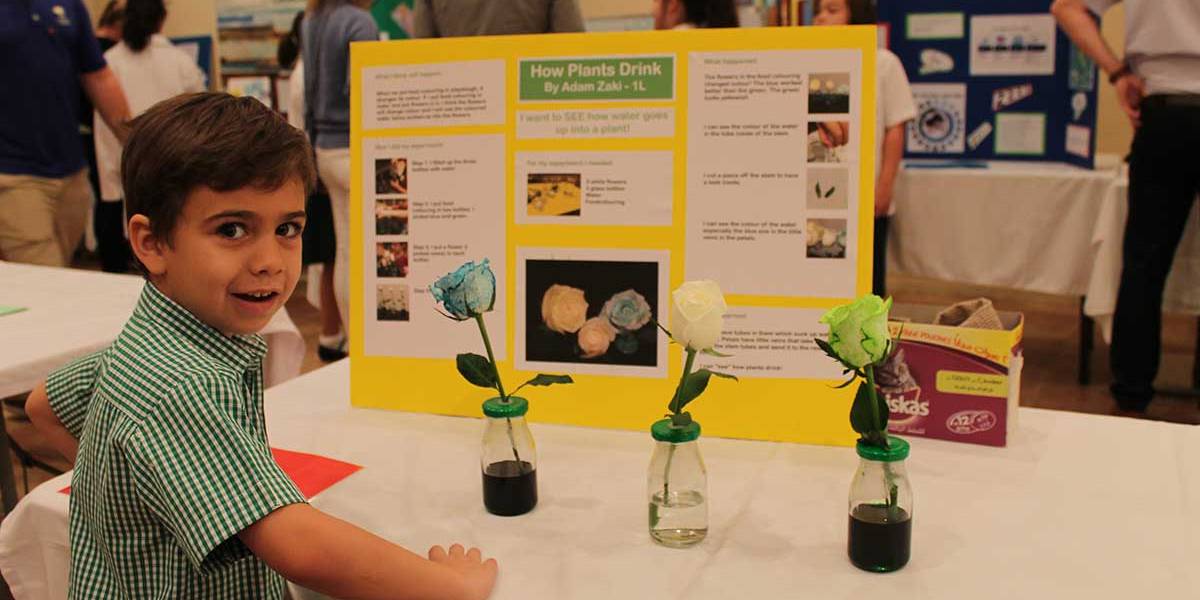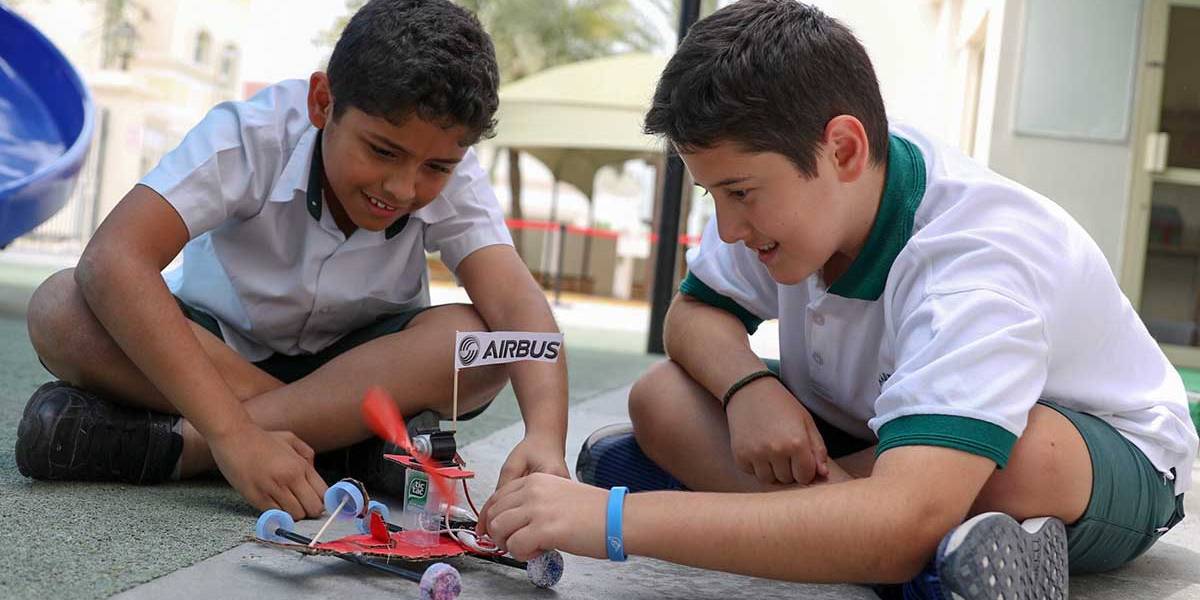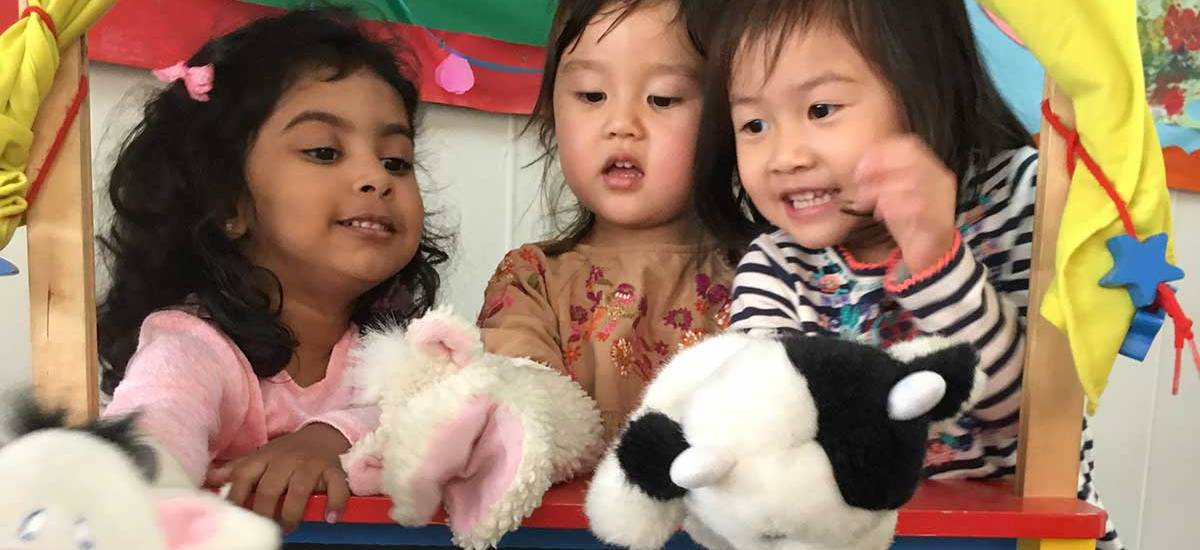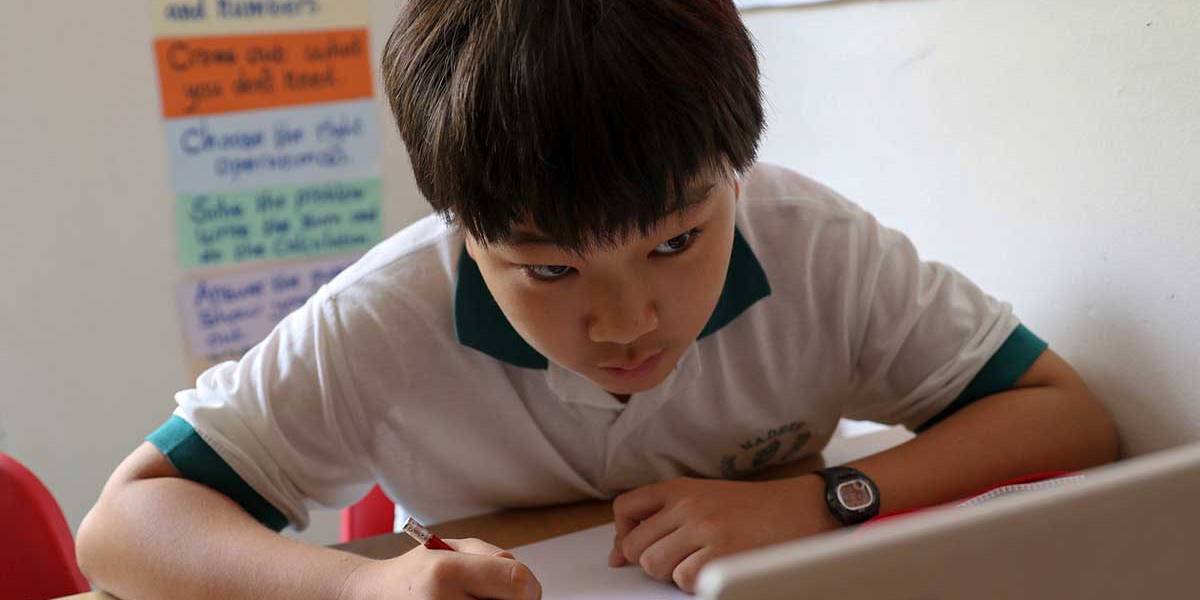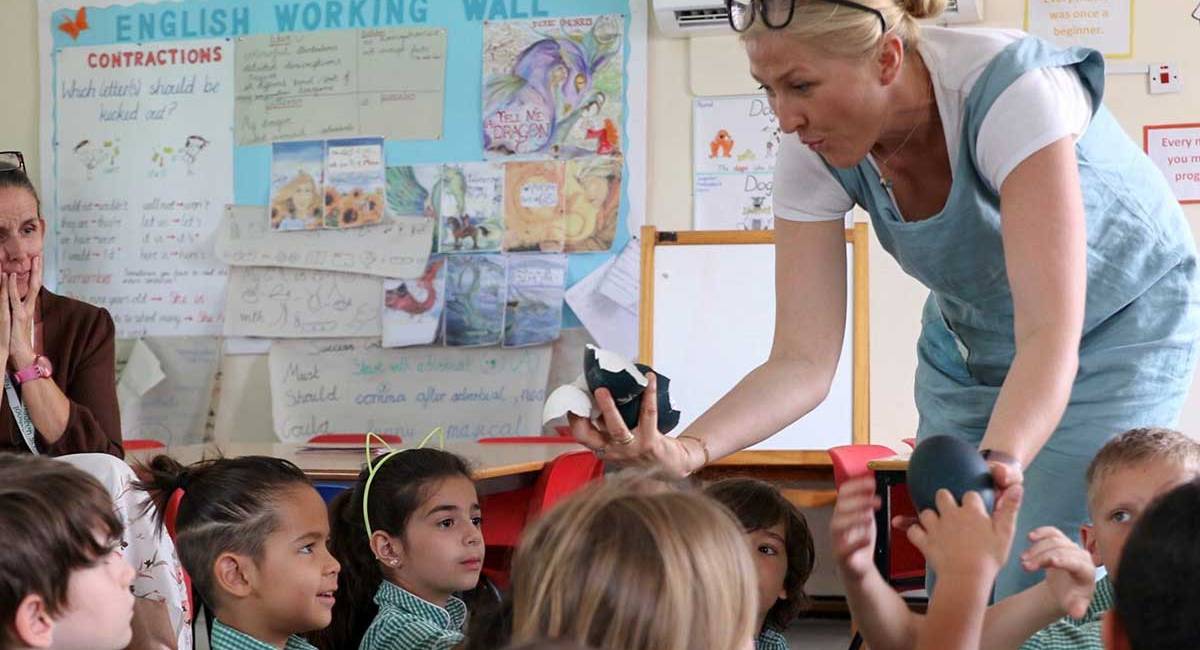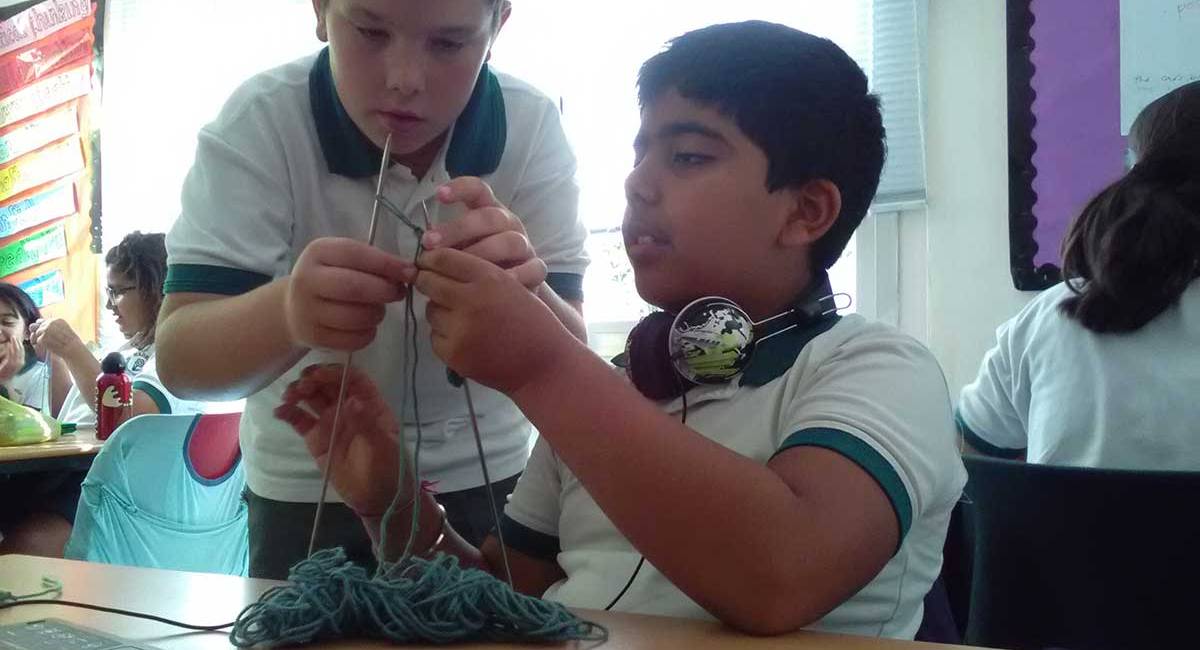Miss Abigail’s thought for the week:
What is play-based learning?
Play is the universal language of childhood. It is through play that children learn to understand each other and to make sense of the world around them.
Children learn so much from play; it teaches them social skills such as sharing, taking turns, self-discipline and tolerance of others. Children’s learning is enhanced by playing creatively; it assists in their emotional and intellectual development and mental health resilience which are core building blocks for their transition years. It also consolidates academic skills such as focus and concentration, problem-solving and creative thinking.
There are different types of play and they serve different purposes, at different stages of development. Here are some key types of play and why they are important:
- physical/motor play – this enables children to make sense of their growing bodies and develop their ability to control and strengthen their physical selves.
- fantasy play / role play – a crucial way to mirror and learn about the world around them. Should not be underestimated!
- constructive play – making / building things. This helps children to develop curiosity and creativity, as well as fine motor skills and problem-solving skills such as trial / error / improvement.
- investigative play – children learn by experimentation and exploration. Activities like sorting, classifying, matching, counting, estimating, predicting and testing all help kids to test out their theories of what they know and to organise their thinking in a ‘safe’ way.
- games with rules – these enable children to progress from an egocentric view of the world to an understanding of the importance of social contracts and rules. They teach valuable skills such as sharing, taking turns, strategy, winning/losing, fairness, etc. These games can also practise valuable academic skills.
Children’s play may or may not involve equipment or have an end product. Children play on their own and with others – each of these having obvious benefits. Their play may be boisterous and energetic or quiet and contemplative, light-hearted or very serious. But whatever it looks like, it is important!
At Nadeen, we believe that it is important for all our children – from PN to Year 6 – to have the opportunity to play. Play in year 1 and play year 6 do not usually look the same (although they can!) but the principles are the same.
The attached photos show a tiny snapshot of some of the play that has been taking place this week in lessons – this time from 1J, Y2 Arabic, 5M and 6A.
It is said that playing keeps you young…maybe we should all give it more thought!
